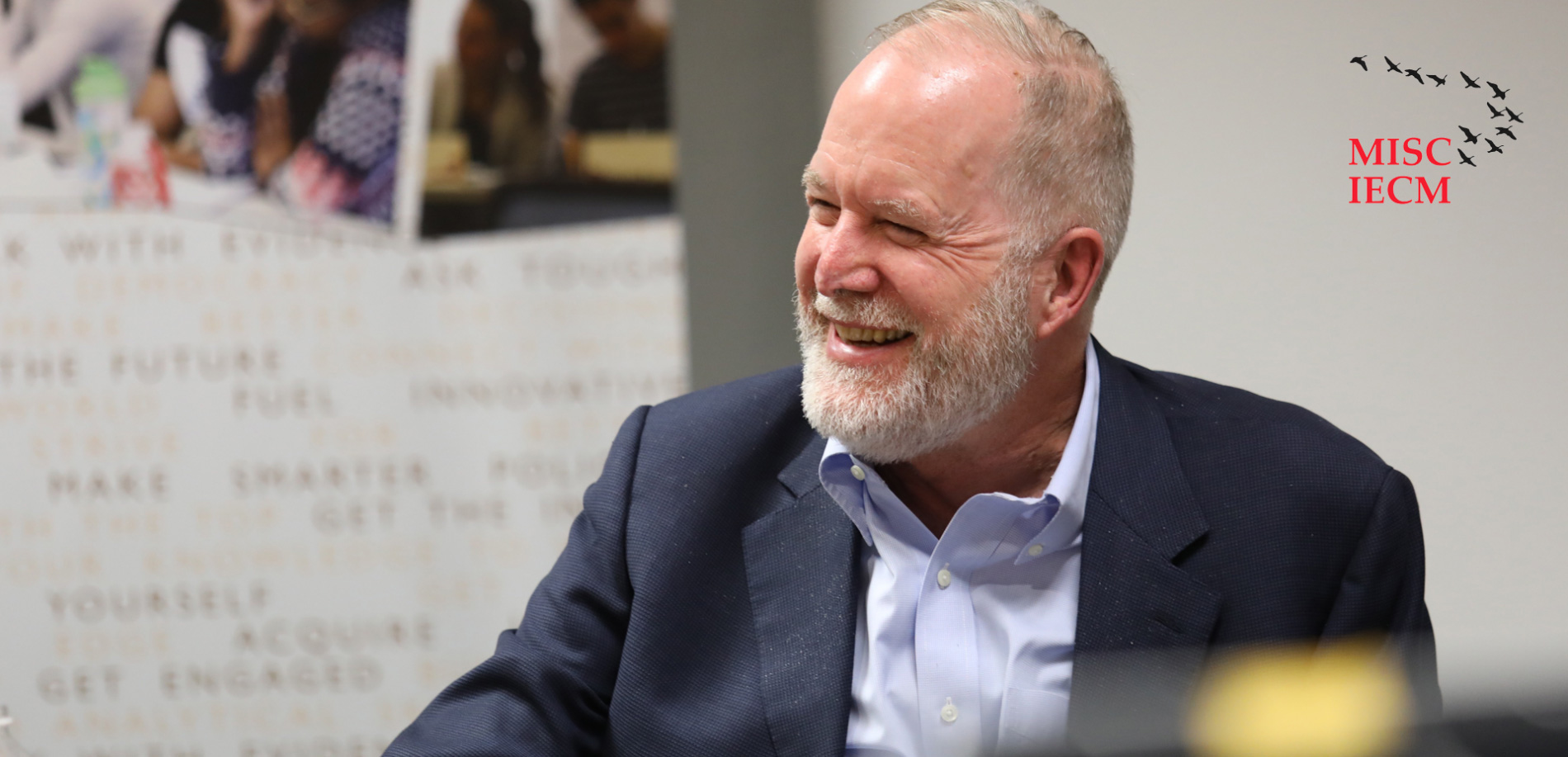
Graham Fraser, former journalist and Commissioner of Official Languages, will deliver a lecture on the Union Générale des Étudiants du Québec (UGEQ) entitled The long echo of Quebec student politics: the Union Générale des Étudiants du Québec (1964-1969) and its legacy and impact on public life on Thursday, September 27, at 5 p.m. in the Thomson House Ballroom. This lecture will delve into the extensive history of student activism in Quebec, and will discuss the broader effects this has had on language and governance issues in the province. The talk is organized by the McGill Institute for the Study of Canada (MISC) and is free and open to the public. Reservations are recommended.
In advance of his lecture, Fraser spoke with the McGill Reporter about the impact the UGEQ and its more celebrated graduates influenced universities and modern Quebec.
Why focus on the Union Générale des Étudiants du Québec (UGEQ)?
I have always been fascinated by UGEQ. I wrote about it as a student and, like a number of English-Canadian students at the time, was slightly in awe of how professional and how effective the leaders were. A number of student leaders went directly to ministers’ offices at the height of the Quiet Revolution. And I continued to be interested in how the leaders of UGEQ went on to play leadership roles in Quebec society.
It was an existential crisis for McGill. Was McGill a Canadian university or a Quebec university? The students had to choose. The student leadership chose UGEQ over the Canadian Union of Students (CUS), and were rebuffed twice in referendums, before there was a third vote to join UGEQ.
UGEQ was ultimately unable to survive its own success; a product of the elite system of classical colleges, its success in campaigning for a democratic post-secondary education resulted in a system that could not support that kind of student union.
Who were some of the more celebrated graduates of the UGEQ and how did they influence modern Quebec?
I will just give you a taste, as I talk about this at some length in the lecture. The chair of the committee that founded UGEQ was Bernard Landry (leader of the Parti Québécois (2001–2005), Premier of Quebec (2001–2003), leader of the Opposition (2003–2005)); five years later, the last executive includes Gilles Duceppe (Member of Parliament for over 20 years and leader of the sovereigntist Bloc Québécois for 15 years in three stints: 1996, 1997-2011 and in 2015); Louise Harel (Member of Quebec’s legislature, the National Assembly from 1981-2008, minister of various portfolios in PQ governments, Montreal Mayoral Candidate and Leader of the Opposition at City Hall 2009-2013); and Claude Charron (the youngest ever PQ MNA and Minister of various portfolios from 1970-1984).
In between, UGEQ executives include some of the key deputy ministers and corporate leaders of the next three or four decades. I argue that what they learned and the values they developed at UGEQ concerning democracy, legitimacy, and language became the underlying principles of Quebec governance.
When it comes to recent Quebec history a lot has been written about secularization, the independence movement, the feminist movement, separatism, terrorism, the decline of the church, etc., but not much about the student movement-why do you think that is?
Good question. I think scholars have been distracted by what Jean-Philippe Warren has called “les années ‘68 au Québec” — the explosions that happened in 1968, ‘69 and ‘70. François Ricard in “La génération lyrique” and Sean Mills in “The Empire Within” have all focussed on that period, and its revolutionary aspects. Others, like Michael Gauvreau and Nicole Neatby, and most recently Jonathan Livernois (“La Revolution dans l’ordre”) have looked at the precursors to the Quiet Revolution in the 1950s. Warren devotes a chapter to UGEQ, but moves quickly on to the occupations of 1968. I think UGEQ, to the extent it was examined at all, was considered as just a transition from the quietism of the 50s to the chaos of 1968.
What do you think has happened to the student mobilization of 2012, which seems like a continuation of the tradition of UGEQ?
I am not yet in a position to say. My sense is that there has not been any building done on the events of 2012. The leaders of the Printemps Érable have moved on, but I cannot say what their legacy has been … aside from continuing the freeze on tuition fees.
Graham Fraser will deliver The long echo of Quebec student politics: the Union Générale des Étudiants du Québec (1964-1969) and its legacy and impact on public life on Thursday, September 27, at 5 p.m. in the Thomson House Ballroom. RSVPs are recommended. Get more information online.
